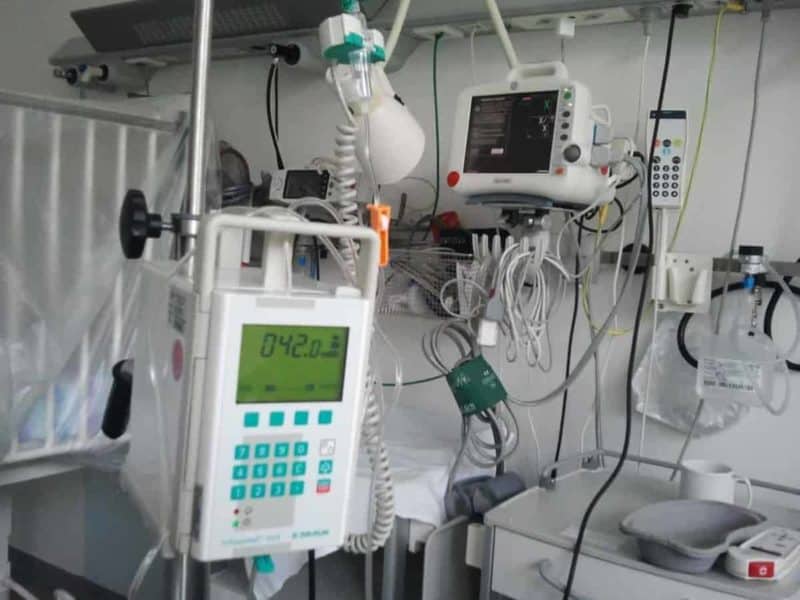A pioneering infection detection system developed by University of Pittsburgh researchers has proven it can save lives, prevent disease spread, and reduce healthcare costs by identifying dangerous hospital outbreaks before they escalate.
The Enhanced Detection System for Healthcare-Associated Transmission (EDS-HAT) uses advanced genomic sequencing to analyze infections among hospital patients, flagging cases where nearly identical strains suggest transmission between patients rather than coincidental infections from outside sources.
“We saved lives while saving money. This isn’t theoretical – this happened in a real hospital with real patients,” said lead author Alexander Sundermann, assistant professor of infectious diseases at Pitt’s School of Medicine. “And it could easily be scaled. The more hospitals implement this practice, the more everyone benefits, not just by stopping previously undetected outbreaks within the walls of the hospital, but by finding medical device or medication-linked outbreaks sweeping the nation.”
During a two-year trial at UPMC Presbyterian Hospital between November 2021 and October 2023, researchers found the system prevented 62 infections and saved five lives compared to standard detection methods. The economic impact was equally impressive – nearly $700,000 in avoided treatment costs, representing a 3.2-fold return on investment.
Without such technology, infection preventionists face a significant challenge: they cannot determine if patients with the same infection acquired it from a common source or by coincidence. This uncertainty can lead to outbreaks growing undetected or resources being wasted investigating non-existent transmission patterns.
“These results are remarkable,” said co-author Graham Snyder, medical director of infection prevention and hospital epidemiology at UPMC. “This project clearly illustrates how UPMC’s academic partnership with Pitt is providing our patients with outstanding patient care while creating innovative solutions that pave the way for better patient care worldwide.”
The EDS-HAT system works by sequencing the genomes of infectious organisms isolated from patients. When the system detects nearly identical genetic patterns between samples from different patients, it alerts the hospital’s infection prevention team to investigate potential connections and intervene to stop transmission.
The researchers envision a nationwide implementation of EDS-HAT could lead to the creation of a national outbreak detection network similar to PulseNet, the CDC’s system for tracking foodborne illness across state lines. Sundermann and colleagues previously demonstrated that such a network might have identified the 2023 outbreak of bacteria linked to contaminated eye drops much earlier, potentially preventing numerous infections and vision loss cases.
“It is a no-brainer to implement EDS-HAT at every health care facility nationwide,” said senior author Lee Harrison, professor of infectious diseases at Pitt. “We hope these findings will contribute to ongoing conversations among U.S. health care leadership, payors and policymakers about the benefits of genomic surveillance as standard practice in health care.”
The study appears in the April 28, 2025, issue of Clinical Infectious Diseases, adding significant evidence that genomic surveillance should become standard practice in healthcare settings across the country.
As healthcare facilities face increasing pressure to prevent hospital-acquired infections and improve patient safety, this technology represents a practical solution that aligns improved patient outcomes with financial sustainability – a rare combination in modern healthcare innovation.
If our reporting has informed or inspired you, please consider making a donation. Every contribution, no matter the size, empowers us to continue delivering accurate, engaging, and trustworthy science and medical news. Independent journalism requires time, effort, and resources—your support ensures we can keep uncovering the stories that matter most to you.
Join us in making knowledge accessible and impactful. Thank you for standing with us!

